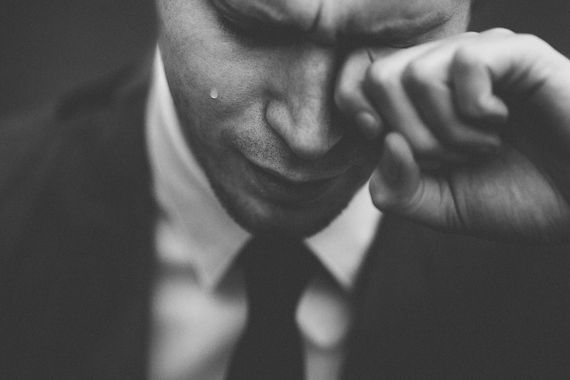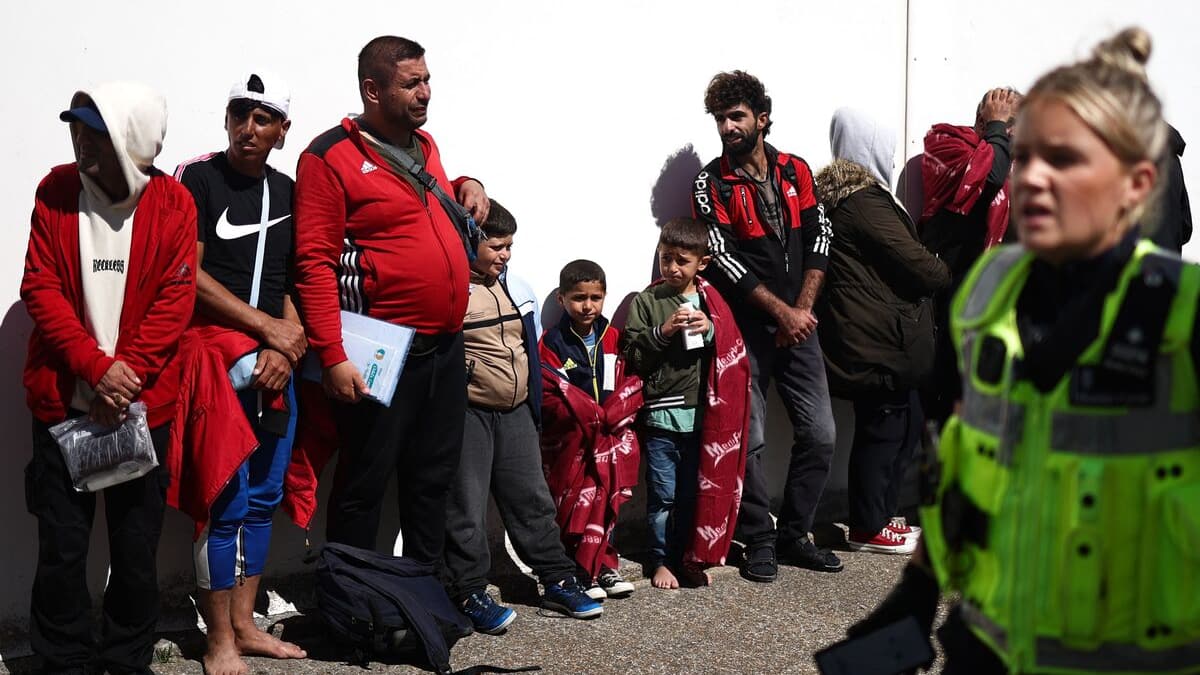
Mr. Farah’s lawyer told AFP that a court in Constantine on Tuesday sentenced Canadian-Algerian researcher Raouf Farah and Algerian journalist Mustapha Ben Jemaa to two years in prison, with detention for more than six months.
“The appeal was submitted immediately after the verdict,” said Al-Sayed.H As a means of zirkin. He says he hopes that “the researcher and his father, who is also accused, will be acquitted on appeal as long as the alleged facts are not on file.”
Raouf Farah, 36, and Mustafa Ben Jameh, 32, were convicted of “publishing information and documents whose content is classified, in whole or in part, on an electronic network or other technological media.”
Eric Goldstein, deputy regional director for the NGO Human Rights Watch, said their convictions were “political” and “once again testify to the authorities’ comprehensive repression, with ill-intentioned motives and abuse of justice”.
Raouf Farah was also sentenced for “receiving funds from foreign or local institutions with the intent to commit acts that would undermine public order.” For the same reason, his father, Sebti, 67, was sentenced to a one-year suspended prison sentence.
According to several lawyers and the media, the case began when the Algerian security services gained access to Mustapha Ben Djama’s phone after his arrest on February 8 at the headquarters of the local French-language newspaper. ruralIt is based in Annaba, and he is its editor-in-chief. He was arrested on suspicion that he helped French-Algerian political activist Amira Bouraoui leave Algeria via Tunisia when she was prevented from leaving.
The Bouraoui case, described by the Algerian government as “illegal smuggling”, has sparked a diplomatic spat with France that was recently resolved.
misunderstanding ?
An analysis of the journalist’s phone showed the existence of communications via WhatsApp, in particular between M.M. Benjamaa, Farah et al. and the Anti-Corruption NGO Global Integrity Index (GII).
Mustafa Ben Jameh explained to the judge that he had compiled “a report on behalf of the GII that includes 54 social and economic indicators for $1,500.” His friend Raouf Farah entrusted him with this occasional collaboration. According to several media outlets, investigators have confused the term “economic indicator” with the term used by the police for people who give them information.
Since Mr. Bengameh did not have an account in foreign currency and was subject to an exit ban for further prosecution, the money was paid into the account of Mr. Farah, who transferred $1,500 into dinars for Mr. Benjema. The latter admitted in court to violating Algerian exchange rules.
There is no basis for these accusations
Researcher and analyst for the Global Initiative to Combat Transnational Organized Crime, Raouf Farah, was arrested on February 14 at his parents’ home in Annaba.
“We are appalled by the verdict,” said Mark Micallef, director of the GI-TOC Observatory for the North, because “there is absolutely no basis for proving the charges against Raouf, Sebti and all the other defendants in this case.” Africa. “There was no secret in the search revealed by the prosecution. On the contrary, a public search was carried out in the interest of the general public,” he said, adding that his organization would continue to “support Raouf and al-Sabti’s struggle to clear their honor.”
For months, the organization has been leading an international campaign to release the researcherHe is married to a Canadian and father of a four-year-old daughter.
For his part, Mustapha Ben Djemaa was one of the main players in Annaba in the pro-democracy protest movement in Annaba in 2019. The trial in the case of Amira Bouraoui will be held separately, at a date that is still unknown.
Many journalists and activists are imprisoned in Algeria. Thus, on June 18, the Algiers Court of Appeal increased the prison sentence to seven years, including five years definitively, for convicting journalist Ihsan al-Qadi of “foreign funding” for his group that owns Radio M and Al-Maghreb Al-Ajel. location.
In 2023, Algeria dropped two places to 136thH Among the 180 countries in the World Press Freedom Index compiled by Reporters Without Borders.






